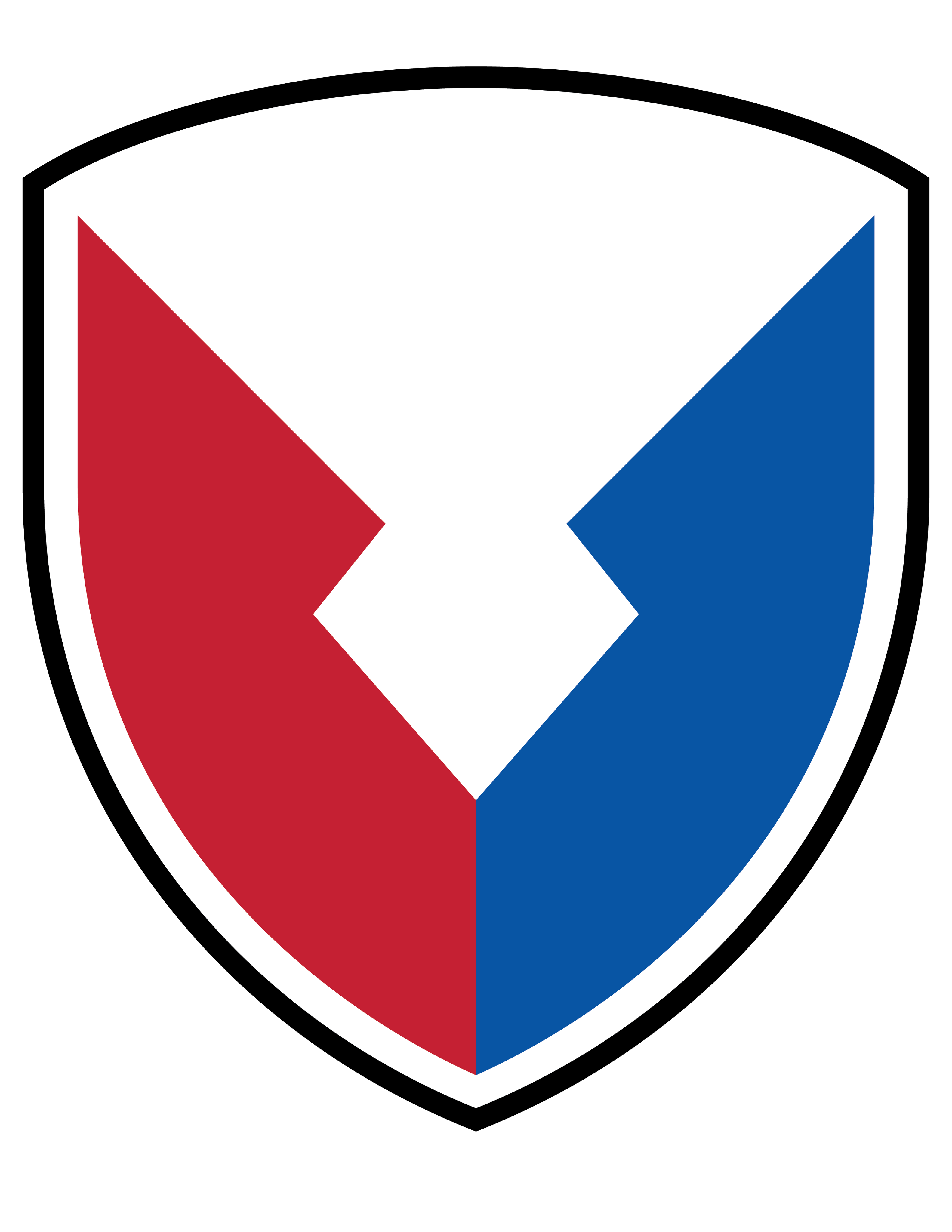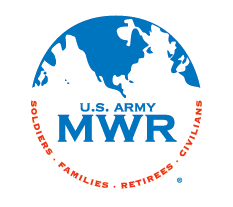
Pre-Move
Relocation Readiness Program
Pre-Move Considerations
Sponsorship
Effective sponsorship helps ensure a smooth move by giving relocating Soldiers and Families a designated, personal point of contact on the ground at the new duty station. Get trained as a sponsor with eSponsorship and Training (eSAT), or contact Army Community Service (ACS) Relocation Readiness for live training for your unit. Request a sponsor by completing the DA 5434 Form below and submitting it to your S1. DA 5434 Form.pdfTraveling with Pets
Traveling with pets can be an expensive endeavor, especially when traveling overseas. Be sure to check with the Vet clinic in your new country prior to travel.You may also want to review the Army Public Health Center on Animal Import/Export Requirements.- European requirements - pet certificate of health, rabies vaccine, some dog breeds are restricted; Be sure to check with individual countries for specific restrictions.
- Japan and Korea pet certificate of health, rabies vaccine, some dog breeds are prohibited. Be sure to check with individual countries for specific restrictions.
- Shipping an animal from one CONUS location to another does not require additional paperwork for non exotic animals.
- Hawaii requirements - Shipping pets to Hawaii can be very expensive due to the quarantine requirements. Following the rules will help you shorten the quarantine length and save money!
- Alaska requirements - pet certificate of health and rabies vaccine if traveling through Canada.
Transportation
Whether you are flying or driving to your new destination, you'll need to know a few things while you travel: Driving – Review your orders to ensure that you are authorized to travel by POV. Keep receipts just in case you need them for travel vouchers, tax returns, etc. Check with your finance office or ACS Relocation Readiness to determine the current mileage and per diem rates. Flying – Do not purchase tickets on your own. Your transportation office will ticket you; otherwise you may not be reimbursed. When you receive your orders, verify that Family members are listed by name if required for ticketing. Before traveling, ensure that appropriate visas and passports are in hand; your family travel office at the losing installations can help.Shipping or Storing a POV
When traveling overseas, learn the basics about shipping a car or your POV. Get details for everything you need to know in the "Shipping Your POV" booklet. Can't take it with you? Maybe you have decided to store your vehicle. Check out the "Storing Your POV" booklet attached below. Want to check on your POV Shipping status or storage history? The website PCSmyPOV is the #1 resource for U.S. Service Members moving or storing their personnaly owned vehicles for a permanent change of station. In-Transit Visibility (ITV) allows you to check on your vehicle. Attachment K4 - Storing Your POV.pdfPersonal Belongings
Generally, there are three options for moving your household goods:
- You can have the government hire a mover
- You can move it yourself, or
- You can do a combination of the two.
Pre-Move Resources
RRP Pre-Move: Frequently Asked Questions
AR 608-1 requires all Soldiers to attend an ACS Overseas briefing prior to receipt of their orders. Some installations pair this briefing with the installation DHR's "LEVY Briefing".
Information covered during this briefing includes specifics about the country and culture you will be traveling to, in addition to information to help you have a smooth PCS. Spouses are highly encouraged to attend this briefing if available.
Orders:
You receive these from either your Military Personnel Division (MPD) or your S-1 shop. When receiving your orders, review them to confirm accuracy of all information, i.e. Family names are listed, weight allowances listed, and location of new duty station. Passports: Soldiers will travel with orders and Military ID Card when PCSing, including OCONUS. But if traveling with Family to an OCONUS area, all Family members will be required to have a "No Fee" passport. VISA:
This is a travel document that allows you and your Family entry into another country either for a visit or extended stay. This can be applied either prior to travel or after arrival into Host country. SOFA:
Status of Forces Agreement, is defined as the legal status of U.S. personnel and property in the territory of another nation. The purpose of such an agreement is to set forth rights and responsibilities between the United States and the host government on such matters as criminal and civil jurisdiction, the wearing of the uniform, the carrying of arms, tax and customs relief, entry and exit of personnel and property, and resolving damage claims. This is an additional stamp submitted into a Family members Passport when stationed overseas for most countries that have U.S. Military personnel. Valid U.S. Driver's License:
Make sure your current license is valid before traveling.
You receive these from either your Military Personnel Division (MPD) or your S-1 shop. When receiving your orders, review them to confirm accuracy of all information, i.e. Family names are listed, weight allowances listed, and location of new duty station. Passports: Soldiers will travel with orders and Military ID Card when PCSing, including OCONUS. But if traveling with Family to an OCONUS area, all Family members will be required to have a "No Fee" passport. VISA:
This is a travel document that allows you and your Family entry into another country either for a visit or extended stay. This can be applied either prior to travel or after arrival into Host country. SOFA:
Status of Forces Agreement, is defined as the legal status of U.S. personnel and property in the territory of another nation. The purpose of such an agreement is to set forth rights and responsibilities between the United States and the host government on such matters as criminal and civil jurisdiction, the wearing of the uniform, the carrying of arms, tax and customs relief, entry and exit of personnel and property, and resolving damage claims. This is an additional stamp submitted into a Family members Passport when stationed overseas for most countries that have U.S. Military personnel. Valid U.S. Driver's License:
Make sure your current license is valid before traveling.
Hearts Apart is designed to assist Family members in making prolonged separations more bearable for those Family members left behind. Whenever a Soldier is leaving on a deployment or an unaccompanied tour of duty, the Army Community Service (ACS) staff works with command to obtain accurate contact information for the Family. Once the Family is identified, ACS makes every effort to reach the Family to assess the need for services and information, provide answers to questions with ongoing information updates and act as liaison with military and civilian organizations.
ACS invites Spouses to participate in Hearts apart meetings or groups with fun-filled activities such as monthly birthday celebrations, holiday events, arts and crafts such as scrap-booking, powder puff mechanics, self-defense and much more. Hearts Apart activities will differ to meet the needs and special interest of the individuals involved, i.e., groups with many small children may tend to be child focused with emphasis on play groups while groups with more male Spouses and older children might focus on sports events and fishing. Ongoing support from ACS, as well as from old and new friends at the Hearts Apart meetings, make separations easier to handle.
Last modified: November 16, 2017 - 6:05 pm UTC



